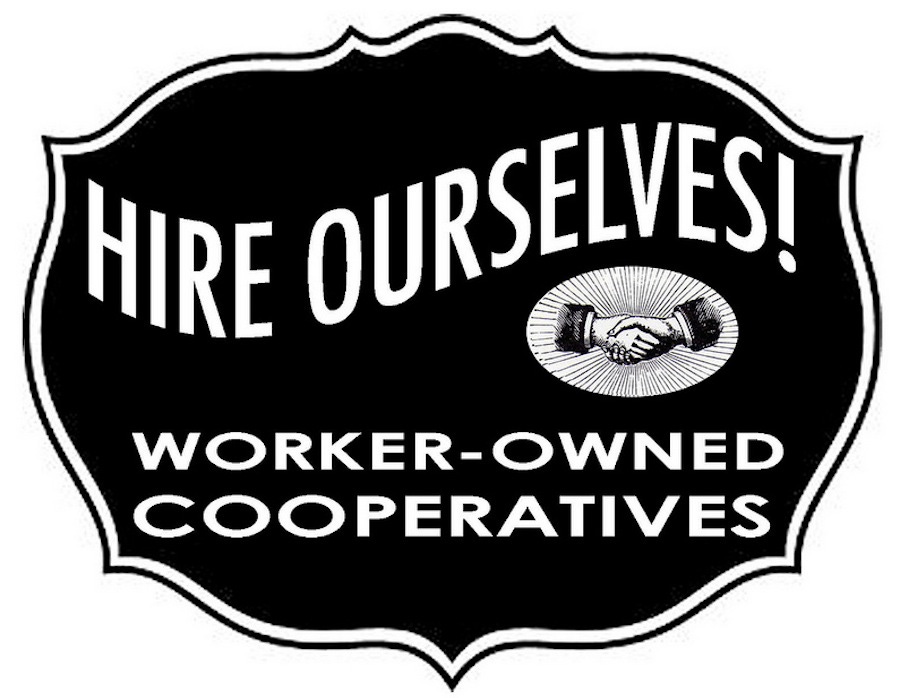Reducing Recidivism Through Worker Cooperatives
Let Us Contribute Initiative's (LUCI) idea to combat this issue
In the United States, the prison system incarcerates over 1.9 million individuals, costing Americans around $182 billion each year. The US leads the world in recidivism, with 66% of formerly incarcerated individuals being re-arrested in 3 years and 82% re-arrested after 10 years. One contributing factor to this cycle is the difficulty of securing employment after release, as nearly 60% of formerly incarcerated individuals remain jobless a year later. Without employment opportunities available to these individuals, housing starts to turn into an issue as well, making it more likely for returned citizens to re-offend. How can we address these issues? Worker cooperatives might be one solution.

Worker Cooperatives in Prisons
Prison systems around the world have successfully implemented worker cooperatives as a means of rehabilitation and economic empowerment. This includes countries like Ethiopia, South Africa, England, Brazil, and Puerto Rico. Director of the Let Us Contribute Initiative (LUCI), Kelton O’Connor, is trying to incorporate worker co-ops in California today. His idea is that inmates could be “expert regenerative farmers, sea urchin foragers, and kelp forest restorers.” The products that these types of work generate could then be sold to Bay Area food purveyors. This then would assist inmates to earn a better income (beyond the estimated 8 to 74 cents per hour many of them get for “work assignments”) to have a safety net after finishing their time in prison or to send home to family members while finishing their sentence.
Additionally, other countries have taken similar routes to combat recidivism. Norway places an emphasis on the normalization of incarcerated life to free life through more inhabitable living spaces, locating prisoners closer to family, and increasing visitation availability. They now only have a 20% recidivism rate. In Puerto Rico, inmates at the Guayama Penitentiary formed the worker cooperative Cooperativa de Servicios ARIGOS, aimed at art, solar, technology, and sewing. After 10 years of existence, only 6% of those workers were rearrested, while Puerto Rico’s recidivism rate is at a high 50%. Worker cooperatives in the United States can assist with this normalization process for prisoners, but it is not possible quite yet.
Legislation for Worker Cooperatives
Getting legislation passed for prisoners has historically been challenging, whether that was to increase wages in prisons, improve access to healthcare, expand educational opportunities, or establish stronger protections against forced labor and inhumane treatment. Worker cooperatives would need legislative action to be possible for prisoners, but LUCI believes this is possible. The draft legislation that LUCI developed with the Sustainable Economies Law Center (SELC) is designed to operate without state funding, with 40% of the revenue generated by these cooperatives being allocated to community-based job programs. This would help reinvest in local communities to reduce first-time offender rates.
Incorporating worker cooperatives into the U.S. prison system presents a promising approach to reducing recidivism and improving post-incarceration outcomes. By providing incarcerated individuals with meaningful work, fair wages, and the opportunity to develop valuable skills, these cooperatives can help break the cycle of reoffending that is largely driven by unemployment and lack of stable housing. Thanks for reading!



